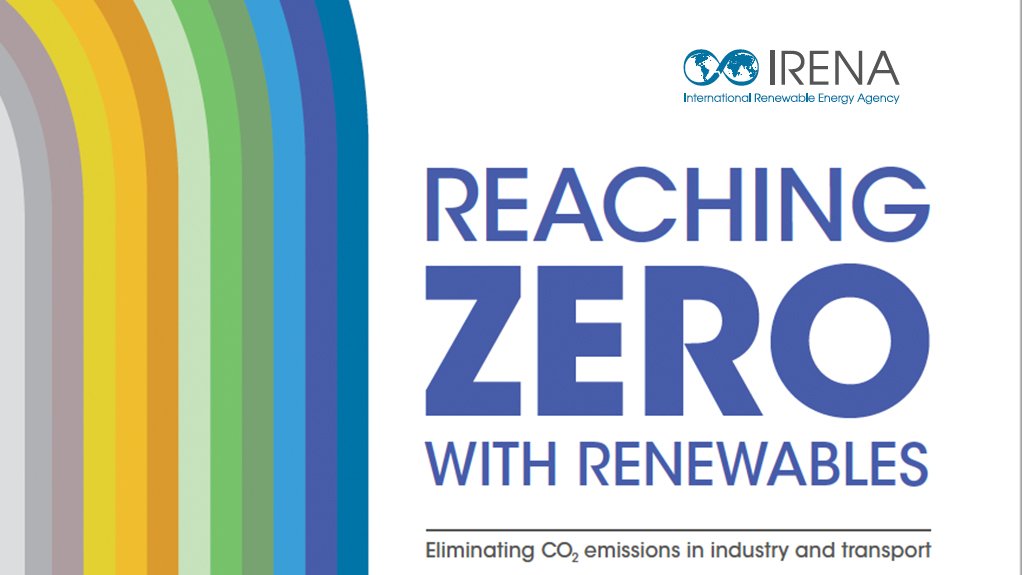- Reaching Zero with Renewables0.39 MB
To avoid catastrophic climate change, the world needs to reach zero carbon dioxide (CO2) emissions in all all sectors of the economy by the 2050s. Effective energy decarbonisation presents a major challenge, especially in key industry and transport sectors.
The International Renewable Energy Agency (IRENA) has produced a comprehensive study of deep decarbonisation options, focused on reaching zero into time to fulfil the Paris Agreement and hold the line on rising global temperatures.
Several sectors stand out as especially hard to decarbonise. Four of the most energy-intensive industries (iron and steel, chemicals and petrochemicals, cement and lime, and aluminium) and three key transport sectors (road freight, aviation, and shipping) could together account for 38% of energy and process emissions and 29% of final energy use by 2050 without major policy changes now, the report finds.
Reaching zero with renewables considers how these sectors could achieve zero emissions by 2060 and assesses the use of renewables and related technologies to achieve this. Decarbonisation options for each sector span efficiency improvements, electrification, direct heat, and fuel production using renewables, along with CO2 removal measures.
Without such measures, energy and process emissions could amount to 11.4 gigatonnes from industry and 8.6 gigatonnes from transport at mid-century, the report indicates. Along with sector-specific actions, cross-cutting actions are needed at higher levels.
Report by Irena
EMAIL THIS ARTICLE SAVE THIS ARTICLE ARTICLE ENQUIRY
To subscribe email subscriptions@creamermedia.co.za or click here
To advertise email advertising@creamermedia.co.za or click here











